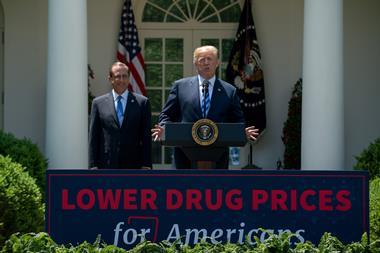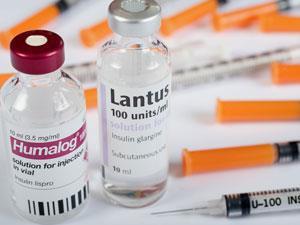Pricing is a complex issue - how can we make it clearer?
Arguments about drug prices are complex. Companies increasingly contend that prices reflect the value that new treatments offer to patients or healthcare providers, measured against that of existing treatments. The new wave of hepatitis C drugs – which offer high cure rates, with fewer side effects than previous drugs, and can avoid the need for transplant surgery – can arguably justify relatively high prices, for example.
But assessments of value differ strongly. The UK’s National Health Service is advised by the National Institute for Health and Care Excellence (Nice) as to which drugs it considers cost-effective enough to provide, based on evidence from clinical trials and beyond. This has caused tension between healthcare providers and companies – particularly for new generations of cancer drugs, which tend to be expensive and often don’t meet Nice’s criteria.
That led, in 2010, to the establishment of the UK’s Cancer Drugs Fund – a separate pot of public money that would allow some drugs that Nice had refused to be provided on the NHS. A new analysis1 has shown that, overall, this fund was expensive and ineffective. While undoubtedly some patients benefited enormously from access to drugs they wouldn’t otherwise have received, the complexity of cancers means many derived little to no benefit from their costly treatment, and may have suffered serious side-effects unnecessarily. Overall, that £1.3 billion could have been better spent.
At the same time – especially in the US – companies blame high prices on the complexity of the healthcare system. The system forces them to set high list prices, they say, to which they apply heavy discounts and rebates, so the actual price is much lower. The opacity of these arrangements, and the multiple layers of health insurance companies and other middlemen, makes it almost impossible to see how much of these discounts and rebates make it as far as the patient, or the government, or whoever else is eventually paying. While this is clearly true in many cases, an investigation by the Financial Times suggests that for some drug classes – particularly cancer medications – the discounts on offer are relatively small.
Since the Cancer Drugs Fund has been brought under Nice’s control, it has negotiated with companies to provide UK patients with many of the drugs it had previously refused, at prices deemed more cost-effective. Improving transparency in other markets might also mean companies can set prices that are more palatable to payers, while losing less to discounts and rebates, and still providing enough profit to satisfy shareholders and fund future R&D. Or maybe that’s asking too much…
References
1 A Aggarwal et al, Ann. Oncol., 2017, mdx110 (DOI: 10.1093/annonc/mdx110)











No comments yet